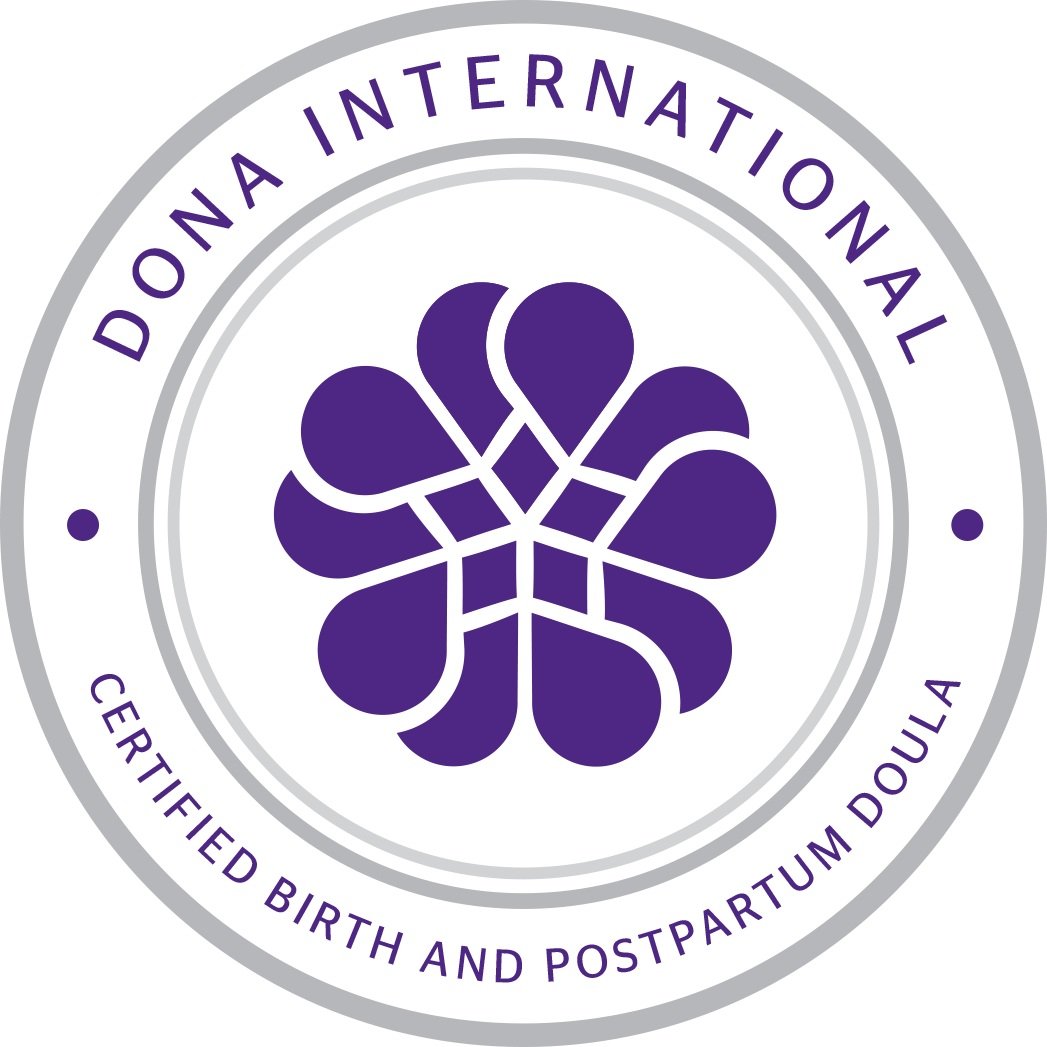Post Partum Doulas - Our role in Maternity Care
“The birth of a baby represents a profound and permanent life change for the parents and other family members. After nine months of pregnancy the stresses of labour and birth, a family is born or enlarged. For new parents the challenges are numerous; recovery from childbirth, total responsibility for a tiny dependent newborn; sleeplessness; emotional adjustment; mastery of infant feeding and care; understanding of and adjustment to the unique personality of their baby; and household organization. Sometimes the physical or mental health of the new mother or baby is compromised, and the parents need more help at home than they had expected’ (DONA International, 2017). Read full paper here: https://www.dona.org/wp-content/uploads/2018/03/DONA-Postpartum-Position-Paper-FINAL.pdf
In New Zealand, between Midwife and/or Plunket visits, without support, without family members and with partners returning to work, being at home can feel daunting and at times overwhelming with a newborn. Who can you turn to?
In 2021, with borders closed and families far away, postpartum doulas can be utilised more than ever in helping support parents-to-be and families who are extending and awaiting the arrival of their new baby. Missing their support, or concerned that they can’t be supported due to distance - this is the role a postpartum doula fulfils. Her main focus is to nurture and to support.
Introducing PostPartum (or Post Natal) Doulas. A supportive advisor and helper who is professionally trained to provide postpartum support to the mother and her family.
Where did we begin?
A DONA trained or certified PostPartum Doula undertakes the following before they can assist you in your home:
Become a member and pay an annual fee to remain a member of the organisation
Sign and adhere to DONA International’s Standards of Practice and Code of Ethics
Attend 27 hour PostPartum Doula training
To complete certification:
Complete business webinar
Breastfeeding education
Written essay
Provide references from an antenatal health professional and clients
Some of the topics that are learnt during the DONA International training/workshop:
Role of the PostPartum Doula
Establishing Healthy Boundaries
Processing the Birth experience with the client
Commonly experienced postpartum changes in the mother
Breastfeeding (breastmilk composition, positioning & latching, expressing etc)
When baby needs a supplement
Integrating the baby
Safe sleeping
Perinatal mental health
The newborn
Loss & Grief
Required reading (parenting, breastfeeding, baby sleep)
In what circumstances would you consider having a postpartum doula to assist you?
In DONA’s position paper “The PostPartum Doula’s role in Maternity Care” it is stated that “In traditional societies women and men grow up around birth, breastfeeding, infants, and children. After giving birth, women are surrounded by caring family members who have a great deal of experience and wisdom to offer. This kind of help is rarely available to new parents internationally. The doula’s support is intended to fill the gaps left by customary postpartum practices, which usually include only medical procedures, occasional check ups and the purchase of baby related paraphernalia. The doula’s education, quiet support and guidance are a manifestation of the traditional postpartum support that our society is missing” https://www.dona.org/wp-content/uploads/2018/03/DONA-Postpartum-Position-Paper-FINAL.pdf
We are experienced in supporting families through their postpartum experience and are by no means a replacement for, or intended to replace, the care provided by the lead maternity carer or Plunket nurse. We are there to help support and nurture the new mother and her family. However, we are trained to identify when and how to refer should this be necessary, especially in regards to mental health.
What does a PostPartum Doula do?
Our guiding principles are: NEAR
Nurture: To nurture and support the family, meeting them where they are at, offering non-judgemental advice
Educate: By modelling behaviour and observation, we educate the family and offer options
Assess: Constantly assessing the environment to be able to support and assist where possible
Refer: Providing resources and referrals to families, assisting them to develop skills in order for them to be able to seek out resources and seek referrals when necessary. Always respecting client confidentiality.
We also:
Care for the mother and her family in the first few months following birth providing non-medical support, companionship, to assist with newborn care, meal preparation and household chores.
Offer evidence based information on infant feeding, emotional and physical recovery from childbirth
We don’t:
Educate according to our own individual beliefs or personal experiences
Judge our clients, their family or their friends
Diagnose conditions or perform medical or clinical tasks
Overstep boundaries
We are skilled in:
Teaching baby wearing
Helping with breastfeeding (some Postpartum doula’s have further lactation training - so be sure to ask). If you are bottle feeding we can help support you.
Helping to settle baby, show you how to bath baby
Teach baby cues (e.g. hungry, tired, overtired)
Safe sleep for baby
A listening ear with caring hearts
Ensuring you get a rest and/or an undisturbed shower or bath (bliss)
Helping with siblings!
Each postpartum doula has her individual add on’s or additional services that she may be able to offer you such as:
Teaching Infant massage or may offer postpartum massage
Naturopath/Medical Herbalist/Homeopath/Natural Fertility Educator/Counselling Support
Be sure to ask!
Always check your Postpartum Doula has the training and/or certification credentials, however, you will know the right doula for you when you meet them!
